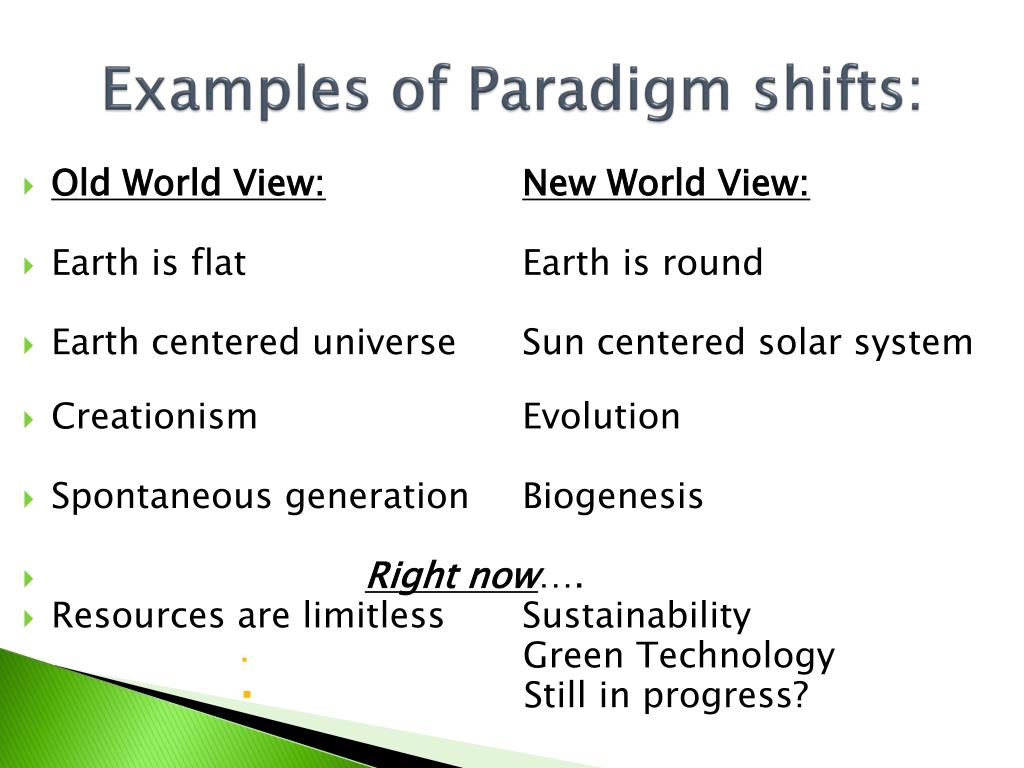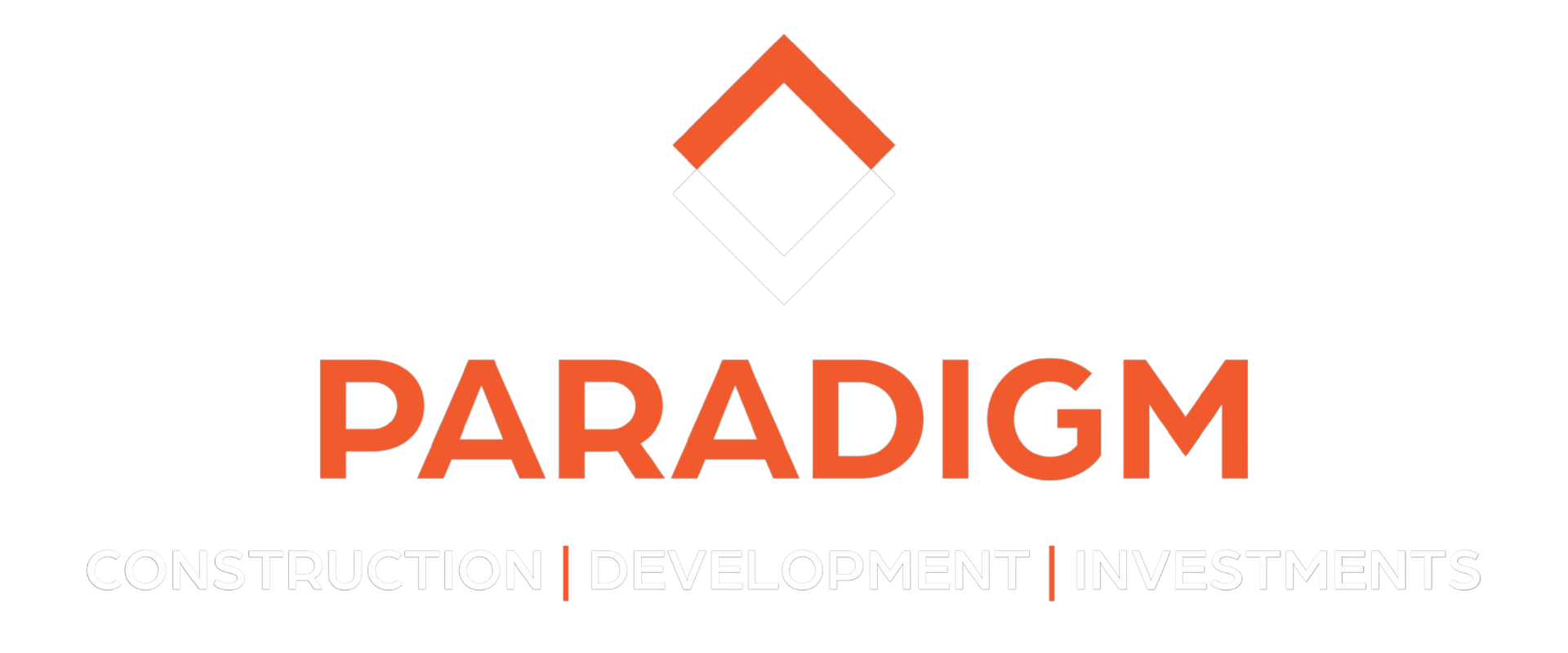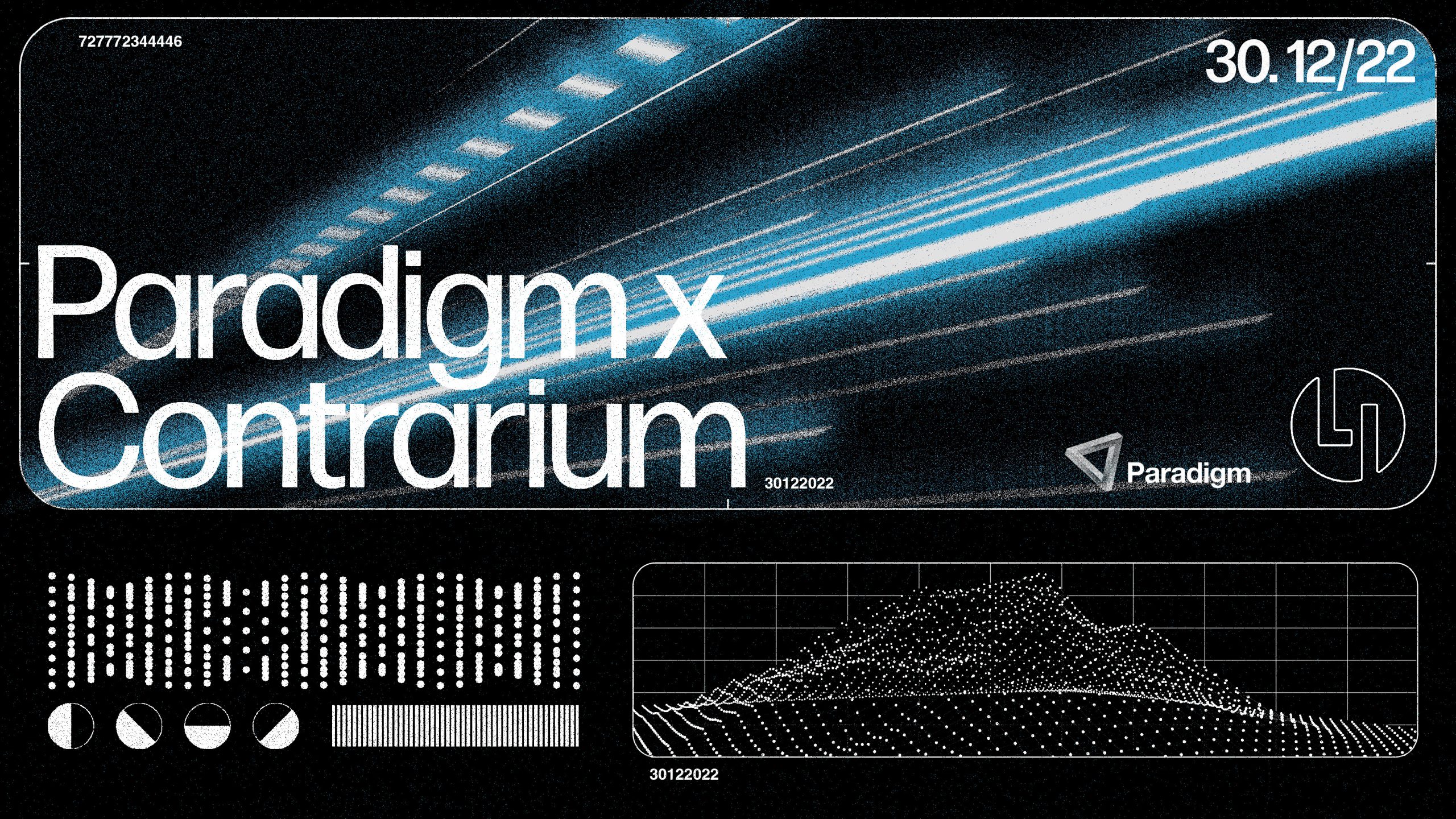What Does It Mean To Define Paradigm? A Look At How We See The World Today
Have you ever felt like a big idea just clicked into place for you? That, like, a whole new way of looking at things suddenly made sense? Well, that feeling is often connected to what we call a "paradigm." It's a word you hear quite a bit, especially when people talk about big changes in how we think or work. Knowing how to define paradigm can actually help us better understand not just complex ideas, but also the everyday patterns that shape our lives. It’s a pretty powerful concept, really.
You see, the idea of a paradigm, in some respects, touches on how we frame our thoughts and how we approach various situations. It helps us see the underlying structure of things, whether that’s a scientific theory, a business approach, or even just a common way of doing something. It’s about recognizing the models and perspectives that guide us, often without us even realizing it, and that's rather important for growth.
So, what exactly is a paradigm, and why does it matter so much in 2024? This article will walk you through the various shades of its meaning, exploring how it shows up in different areas of life and why understanding it can give you a clearer picture of the world around you. We'll explore, too, how this concept helps us make sense of big shifts in thinking, so you'll have a much better grip on it.
Table of Contents
- What Does "Define Paradigm" Really Mean?
- Where Do We See Paradigms?
- Why Does Understanding Paradigms Matter?
- Frequently Asked Questions (FAQs)
What Does "Define Paradigm" Really Mean?
When you try to define paradigm, you find it's a word with a few different layers, you know? At its simplest, it means an example or a pattern. But it also goes much deeper, referring to a whole way of looking at things or a set of basic ideas that shape how a group thinks. It’s like a blueprint for thought or action, really, that helps us make sense of things.
Paradigm as a Clear Example or Model
One common way to understand a paradigm is as an outstandingly clear or typical example of something. It’s like the perfect model or archetype that shows you how something works or what it should look like. For instance, a particular war might be a very clear example of the destructive side of human conflict, serving as a sort of paradigm for that idea. This sense of the word is often used when we want to point to a really good illustration of a general rule or concept, so it's quite handy.
It can also be a model for something that helps explain it or shows how it can be made. Think of it this way: if you’re trying to understand an abstract concept, sometimes a specific case or instance is given as evidence, or in illustration of an assertion. That case, that example, is a paradigm. It's a way of making the abstract more concrete, you see, which is often very helpful.
Paradigm as a Way of Thinking or Framework
Beyond just an example, a paradigm can also mean a framework that contains basic assumptions, ways of thinking, and methods commonly accepted by people in a certain group, like a scientific community. This is a much broader meaning, encompassing a whole system of beliefs or a conceptual framework. It’s a standard, a perspective, or a set of ideas that shapes how people in that group understand their world. It’s a very deep way of looking at something, actually.
This sense of paradigm is about a pattern of thought, a way of doing something that is widely accepted. It’s not just one idea, but a whole collection of related ideas and practices that form a coherent view. When we talk about how to use paradigm in a sentence in this way, we're often talking about these larger systems of thought. It’s a way of making sense of how groups of people, like scientists or artists, approach their work and their understanding of things, which is pretty fascinating.
Paradigm in Language and Grammar
Interestingly, the word "paradigm" also has a very specific meaning in grammar. It refers to a set or list of all the different forms a word can take when it changes for things like tense or number. For example, the paradigm of an irregular verb would list all its various inflectional forms. This is a rather precise use of the term, showing its roots in patterns and examples. It’s a clear, organized way to show all the possibilities for a word, you know?
This grammatical usage, while perhaps a bit specialized, still connects to the core idea of a paradigm as a pattern or model. It's a way of showing the typical variations of something. So, whether it's a word or a larger concept, a paradigm helps us see the structure and the typical forms something can take, which is quite useful for understanding language, too.
Where Do We See Paradigms?
The word "paradigm" pops up quite a lot in various fields, from academic discussions to scientific research and even in the business world. It’s a concept that helps us talk about the big picture ideas that guide different areas of life. You'll find it, like, shaping how people approach their work and their thinking, which is pretty cool.
In Science and Academia
In science, a paradigm is a really important concept. It refers to the basic assumptions, ways of thinking, and methods that are commonly accepted by members of a scientific community at a given time. For example, before Einstein, Newton's laws provided the main paradigm for understanding physics. This framework guided experiments, interpretations, and what scientists even considered to be valid questions. It's a very clear example of how a paradigm shapes an entire field, so it’s a big deal.
When a new discovery or idea comes along that doesn't fit the existing paradigm, it can cause a lot of rethinking, sometimes leading to a "paradigm shift." This is a fundamental change in the basic concepts and experimental practices of a scientific discipline. It's a bit like changing the very rules of the game, and it can be quite revolutionary, actually. To learn more about how scientific ideas evolve, you might want to look at the work of Thomas Kuhn, who wrote a lot about this topic. You can find out more about the philosophy of science and paradigm shifts there, which is a good external reference.
In Business and Everyday Life
Paradigms aren't just for scientists, though; they show up in business and our daily lives, too. In business, a paradigm might be the typical way a company operates or the prevailing ideas about how to succeed in a particular market. For instance, the traditional retail paradigm involved physical stores, but the rise of online shopping introduced a new paradigm. This shift changed how businesses thought about selling and reaching customers, you know? It's a completely different way of approaching things, really.
Even in our personal lives, we often operate within certain paradigms. These are the sets of beliefs or perspectives that guide our actions and reactions. Maybe you have a paradigm about how relationships should work, or how success is achieved. Recognizing these personal paradigms can be very helpful because it allows us to question them and, if needed, adopt new ones that serve us better. It’s about seeing the patterns in our own thinking, which is quite insightful.
Understanding Paradigm Shifts
The concept of a "paradigm shift" is a very important one when we define paradigm. It means a fundamental change in the basic concepts and experimental practices of a scientific discipline, or, more broadly, a significant change in how a group of people think about something. It's not just a small tweak; it's a complete overhaul of the standard way of looking at things. This can be seen in technology, like the move from landline phones to mobile phones, which was a huge shift in communication paradigms, you know? It really changed everything for people.
These shifts often happen when old ways of thinking no longer fully explain new observations or challenges. They can be disruptive, yet they often open up new possibilities and lead to significant progress. Understanding what a paradigm shift is helps us make sense of historical changes and even anticipate future ones, which is a pretty valuable skill to have in a fast-moving world. It’s about recognizing when the old rules just don't apply anymore, and that's a big deal.
Why Does Understanding Paradigms Matter?
Knowing how to define paradigm and recognizing its presence can give you a much clearer picture of how the world works, you know? It helps us see the frameworks that shape our understanding, whether they are in science, business, or our personal lives. This awareness allows us to question assumptions, challenge old ways of thinking, and be more open to new ideas. It's about seeing the hidden patterns that guide our actions and beliefs, which is quite powerful.
When you understand that certain ideas or practices are part of a larger paradigm, you can better appreciate why people think or act the way they do. It also helps you spot when a change is truly fundamental, rather than just a minor adjustment. This insight can be incredibly valuable for problem-solving, innovation, and even just having more meaningful conversations with others. It’s like getting a deeper insight into the game, so to speak, which is very helpful for navigating life.
So, the next time you hear someone talk about a "paradigm," you’ll have a much better idea of what they mean. It’s more than just a fancy word; it’s a way to describe the models, patterns, and overarching ways of thinking that shape our world. By recognizing these, you can become a more adaptable and insightful person, ready to embrace new perspectives and contribute to meaningful change. It’s a pretty neat concept, really, and it helps us see things more clearly, today and in the future.
Frequently Asked Questions (FAQs)
What is a paradigm shift?
A paradigm shift is a fundamental change in the basic concepts and ways of thinking that are commonly accepted in a particular field or by a group of people. It's not just a small change, but a complete transformation of the established model or perspective. It's like, a whole new way of looking at something, so it's a big deal.
Can you give examples of paradigms?
Sure! In science, the shift from a geocentric (Earth-centered) to a heliocentric (Sun-centered) view of the universe was a major paradigm shift. In business, the move from traditional retail to e-commerce represents a paradigm change. Even in daily life, the idea that hard work always leads to success could be a personal paradigm for some people, you know? It's a pattern of thought, really.
Why is understanding paradigms important?
Understanding paradigms helps us recognize the underlying assumptions and frameworks that shape our thinking and the thinking of others. It allows us to question established ideas, adapt to new information, and be more open to different perspectives. It's important for innovation, problem-solving, and making sense of significant changes in the world around us, and that's rather useful for everyone.
Learn more about concepts and ideas on our site, and link to this page here.

Paradigm shift define - mytefree

Brokers - Paradigm Construction

Paradigm x Contrarium - Paradigm